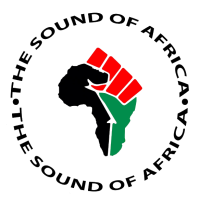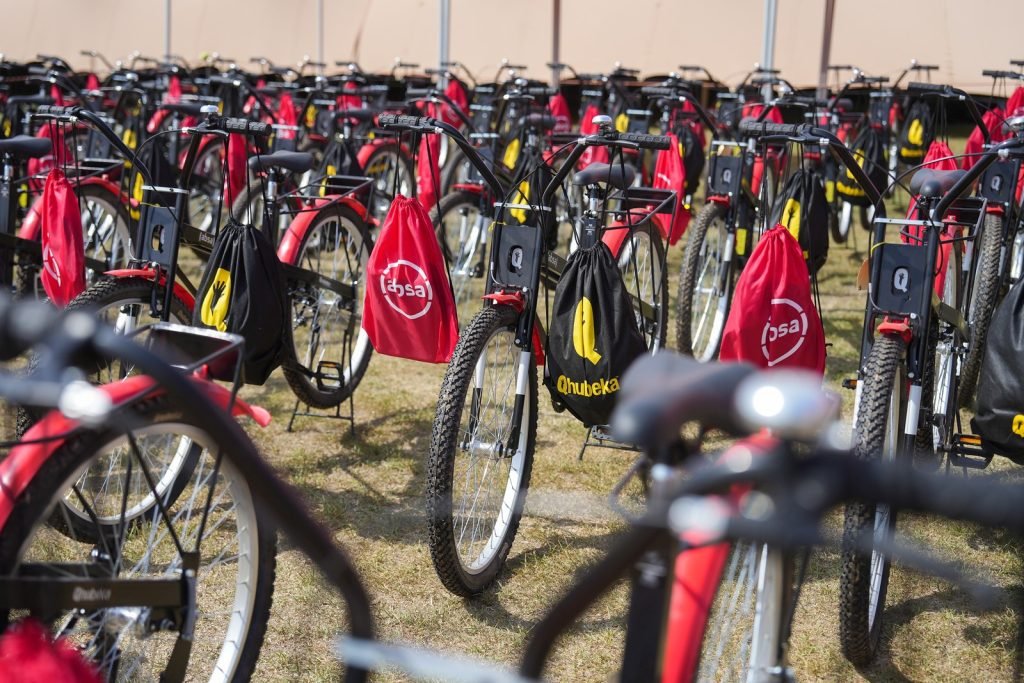![]()

State subsidy can help transform a child’s future – but ECD programmes must register to be eligible to access it and other support
“If Africa is to seize its moment and replicate the success of economies like China’s, it must start with ensuring that every child, regardless of their background, has access to quality early childhood education (ECD) … The time to act is now – let us be intentional, strategic and bold in our ambition to create an education system that equips every child with the tools to succeed.”
Minister of Basic Education Siviwe Gwarube made this clarion call at a recent ECD funders’ breakfast event in support of Bana Pele, a groundbreaking initiative to transform South Africa’s ECD sector. It is a unique South African social compact between the government, the private sector and non-governmental organisations.
For ECD centres to access state subsidies and support as part of the Department of Basic Education’s (DBE) ECD 2030 Strategy, they must be registered. But few are – and Bana Pele (Setswana for “children first”) is working to regularise thousands of them.
Thrive by Five, a three-yearly study initiated in 2021, shows that around 1.3-million three- to five-year-olds are not in any form of early learning programme, and of children who are, only 45% are on track in terms of cognitive development; children in the poorest 60% of homes are falling far behind the standard expected for their age. Additionally, 5.7% of children show signs of chronic malnutrition.
Far-sighted private sector entities are supporting Bana Pele with funding, expertise and people – but more is needed, including funding of up to R150-million.
Bana Pele’s crucial mass registration drive (MRD) aims at registering ECD programmes, allowing them to unlock government support to improve facilities and access the R17-a-day state subsidy for each child in their care. As many as a million children are not subsidised.
“What makes Bana Pele unprecedented is how the partners are collaborating,” says Nomsa Muthaphuli, ECD & Youth Fund manager at the Oppenheimer Memorial Trust, who has herself been seconded to the MRD. “Where in the past partners were expected to only support government activities, now we are also involved: we are both funders of and participants in creating lasting transformation in ECD.”
Setlogane Manchidi, Head of Corporate Social Investment at Investec South Africa, says, “We are excited about this partnership, given our belief that when we give children the best start in life, we contribute towards creating enduring worth by improving their chances of active economic inclusion and a better quality of life.”
Issued by Flow Communications on behalf of the Oppenheimer Memorial Trust. For more information or to arrange an interview, please contact Daya Coetzee at daya@flowsa.com.

About the Oppenheimer Memorial Trust
Investing in individuals to realise their full potential through education has always been at the heart of the Oppenheimer Memorial Trust (OMT). Established in 1958 by Harry Oppenheimer as an endowment trust to honour the memory of his father, Sir Ernest Oppenheimer, OMT strives to remain relevant to the current context. With this in mind, the trust has recently undergone a strategic shift to better serve the sectors they support, namely education, social justice and arts and culture.
The post ‘The time to act is now’ – minister calls on private sector to help ensure that every child has access to ECD appeared first on The Home Of Great South African News.
State subsidy can help transform a child’s future – but ECD programmes must register to be eligible to access it and other support
The post ‘The time to act is now’ – minister calls on private sector to help ensure that every child has access to ECD appeared first on The Home Of Great South African News. Read More



